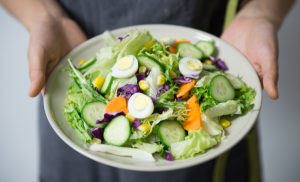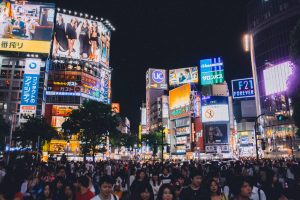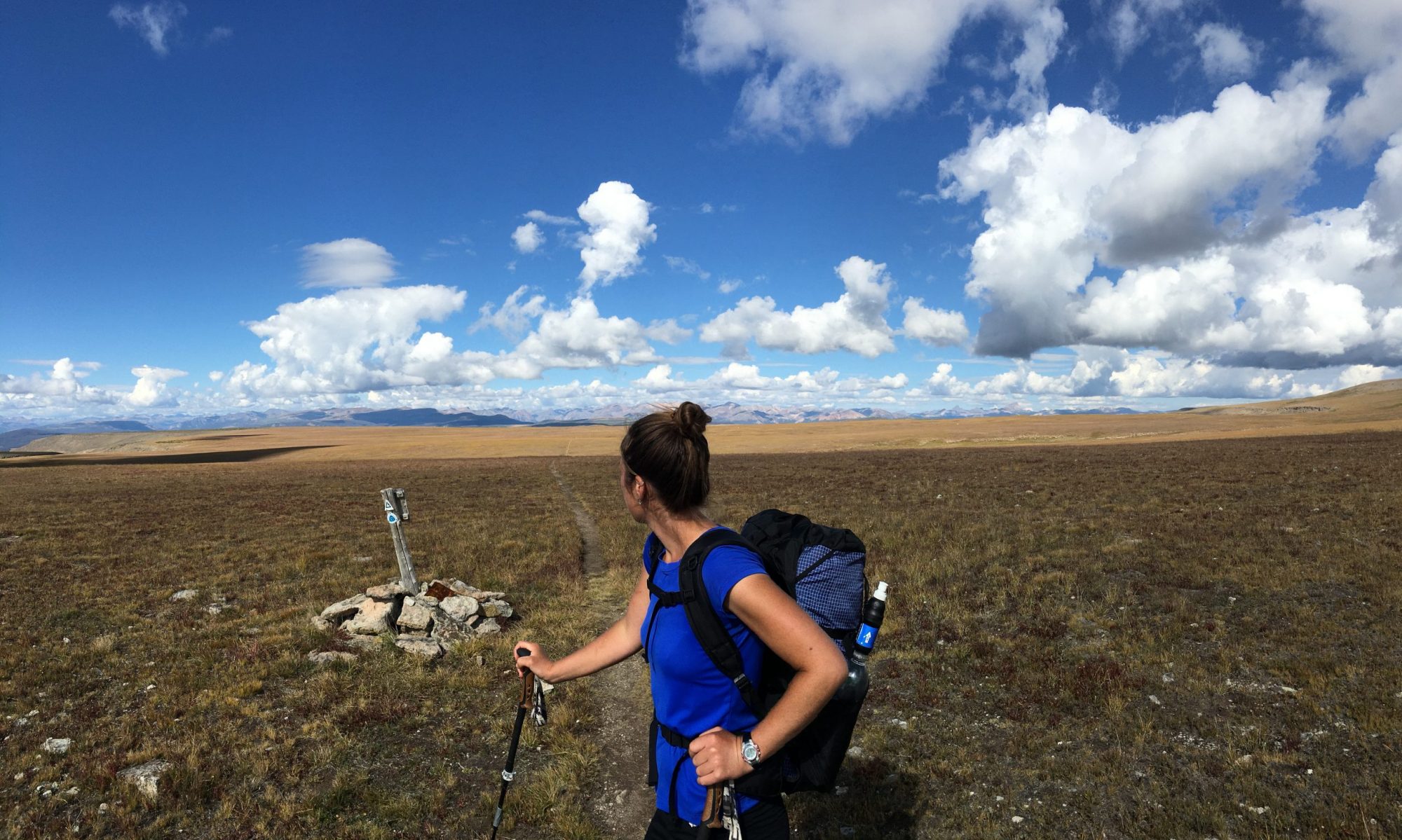If I’m performing well, why should I reconsider what I eat?
Let me start by saying that I’m not going to tell you that you should eat a certain way. Eat whatever works for you.
While I do believe there are some basic nutrition principles that can benefit everyone, there is no one perfect diet. Further, the perfect diet for you may change throughout your life. But that’s a topic for anther day.
Change Starts At Home
The objective of this post is to explore why we make the food choices that we do. As someone who gains her sustenance through time spent outdoors, I try to make environmentally conscious choices.
When it came time to pursue a career path, I wavered between my deep interest in human performance, my passion for outdoor conservation, and my desire to make an impact through working to change the food system. When it came down to it, I felt like working as a nutritionist and addressing peoples’ personal food choices, would check all three boxes.
With a rapidly increasing population to feed and a current food system which is destructive to humans and the environment, I believe the biggest impact each of us can make is to think about what we do day in and day out. Choosing to use green cleaning products, choosing to spend our dollars with socially conscious companies, and choosing how we nourish ourselves most likely has more of an impact on our future world than signing a petition or donating a coupe dollars to a non-profit. While those are important actions as well, it’s what we do consistently over time that changes our lives and the world.

Why I Choose to Eat Real Food
As an outdoor endurance athlete, here are the top reasons I continue to fuel myself with real food as opposed to the sugary, processed, easily accessible fare I see filling the backpacks and bellies of fellow hikers, runners, bikers and other athletes.
Health
The most obvious reason to eat real food is enhanced personal health. Processed cakes, cookies, chips, and bars are often laden with preservatives, artificial colors and sweeteners, and a ton of sugar. These are linked to adverse health effects, including rhinitis, weight gain, brain tumors, and even cancer. Diets high in processed foods promote obesity, metabolic syndrome, cardiovascular disease, and autoimmune diseases.
As someone who wants to perform at my best and live a long life, full of adventure, eating well just makes sense.

Price
Many people argue that it costs more to eat healthy. The price of real food, especially organic, may be more expensive than conventional produce or packaged products. However, when you consider the hidden costs of a junk food diet, it’s more cost effective to just eat real food.
What hidden costs?
Junk food often causes us to eat more, causing us to buy more, and causes long term health implications (discussed above) that lead to more medications and healthcare expenses. Plus you’ll save money (and your stomach lining) by laying off that Vitamin I.This article from the Huffington Post expands on these hidden costs.
Beyond the monetary cost, what’s the cost of not being healthy enough to complete your outdoor adventure, whether that’s a thru-hike of the PCT or a bike trip across the country or your first marathon? What’s the cost of not achieving your dreams? What’s the cost of missing important life events, like weddings and births of grand kids, because of poor health?
Environment
As someone who spends a lot of time outdoors and cares about the preservation of those spaces, I feel a certain responsibility not to support companies that are blatantly destroying our natural resources in the name of profit. These companies act with total disregard for planetary and personal health.
As outdoor enthusiasts, we’ve experienced first hand the power of time spent in nature, and we have a responsibility to protect those spaces not just with our voices, but with our purchasing power as well.
Freedom
I don’t like to feel like I’m owned by the big corporations. I like to believe I’m still independent-thinking, to some extent. I want to be able and wiling to go against the grain of what is ‘normal’.
As with thru-hiking, it’s an act of rebellion to choose to eat outside the junk food paradigm. We live in a time when we’re constantly brainwashed from every direction with adverts for one new product or another. Don’t be a pawn in their game. Don’t be complicit. Step outside the box.

Self-respect
Eating is one of the most fundamental acts of being human. It may be strange to say, but eating is one of the most intimate acts of being human. We take food into our mouths and literally become composed of that food. Do you want to be made up of sodium nitrate, MSG, and Red #40? Or do you want to be made of something that was once alive? Something that was made in a lab or something that grew or grazed on real grass and drank in the sun and the air which you so love?
Eat like you give a damn about yourself and the planet.
Real food is interesting and beautiful and complex. It has the ability to connect you to a place, a culture, traditions. This is obvious when comparing a Happy Meal with a traditional Mediterranean meal cooked by a Turkish grandmother. Of course, processed foods are often chosen for convenience, and you can’t always take home-cooked meals on a 2000 mile backpacking trip, but you can apply a similar mindset when choosing food for your next adventure. For example, when I consider a bag of M&Ms versus a bag of dried fruit, such as figs, apricots, and goji berries, the fruit has so many more flavors, textures, and aliveness. It supports the health of the body and the planet.
It’s never made sense to me that we celebrate our ability to crush miles while eating the most nutrient poor food imaginable. Why not celebrate eating food that nourishes our bodies and the planet we so love?
I try to be thoughtful and intentional about my choices in all other areas of life, from how I spend my time, to what I do for work, to the companies I buy my gear from. Why wouldn’t it be the same for food?
